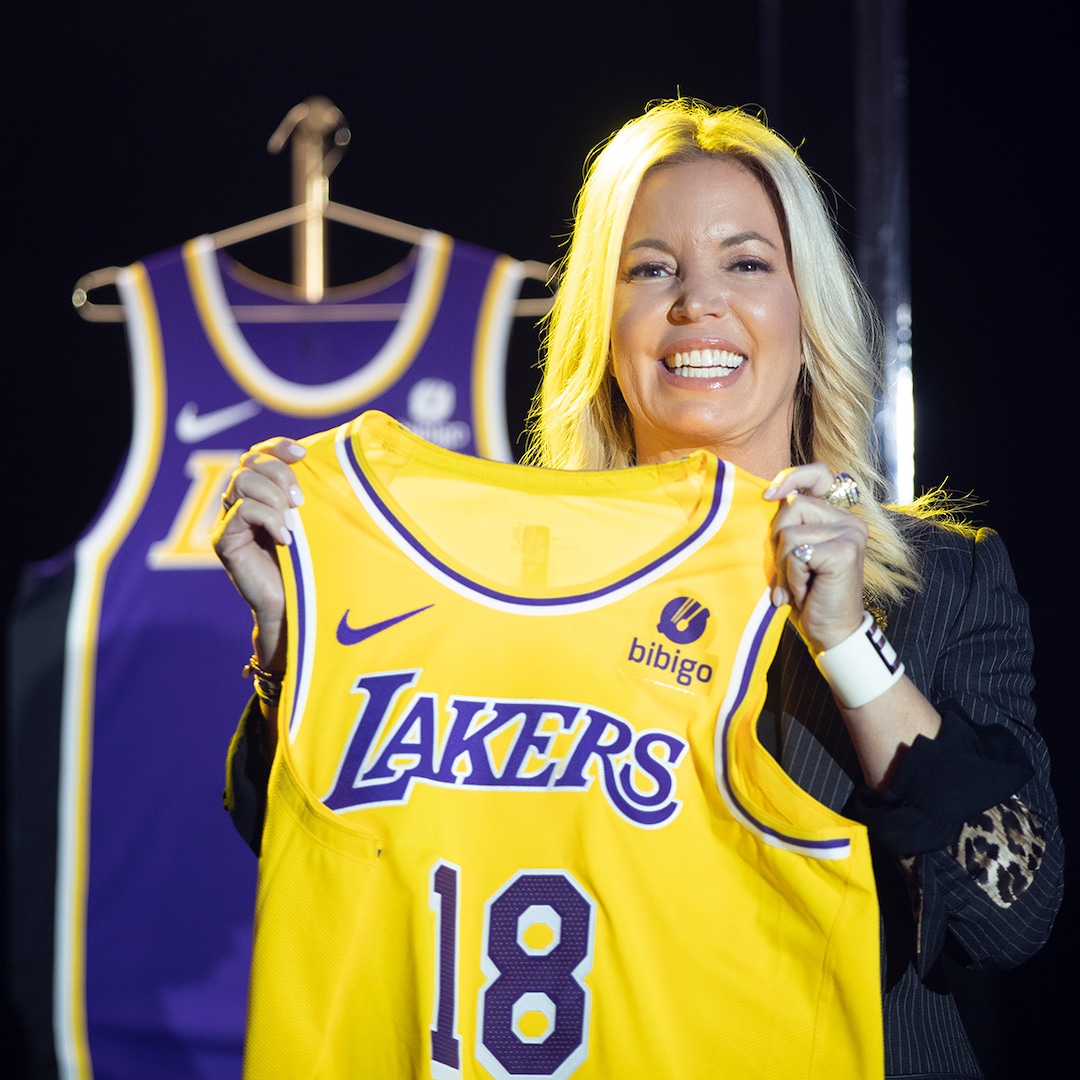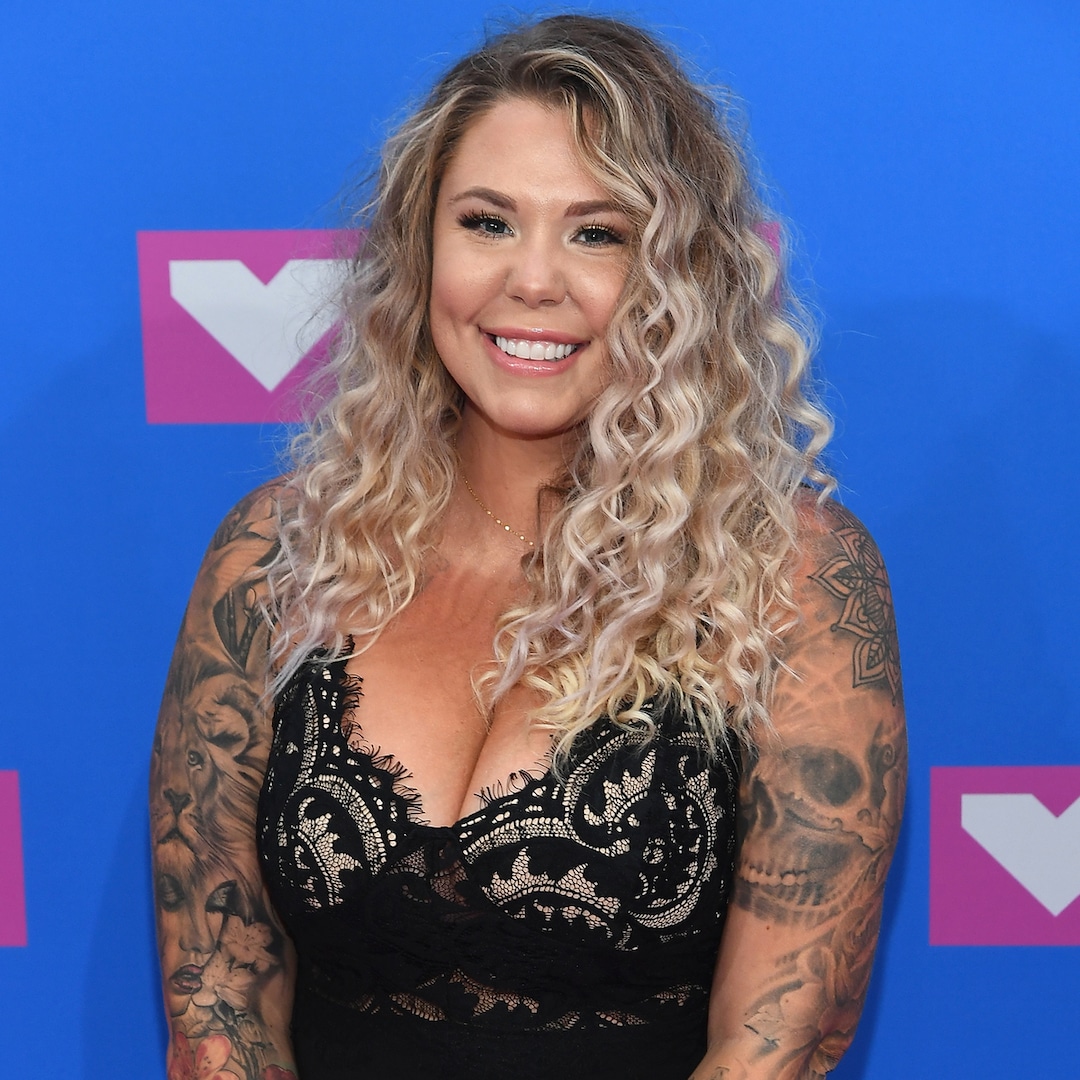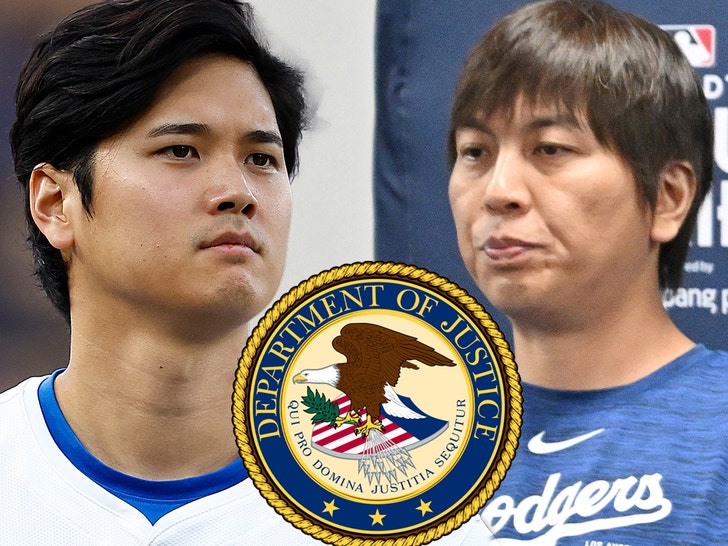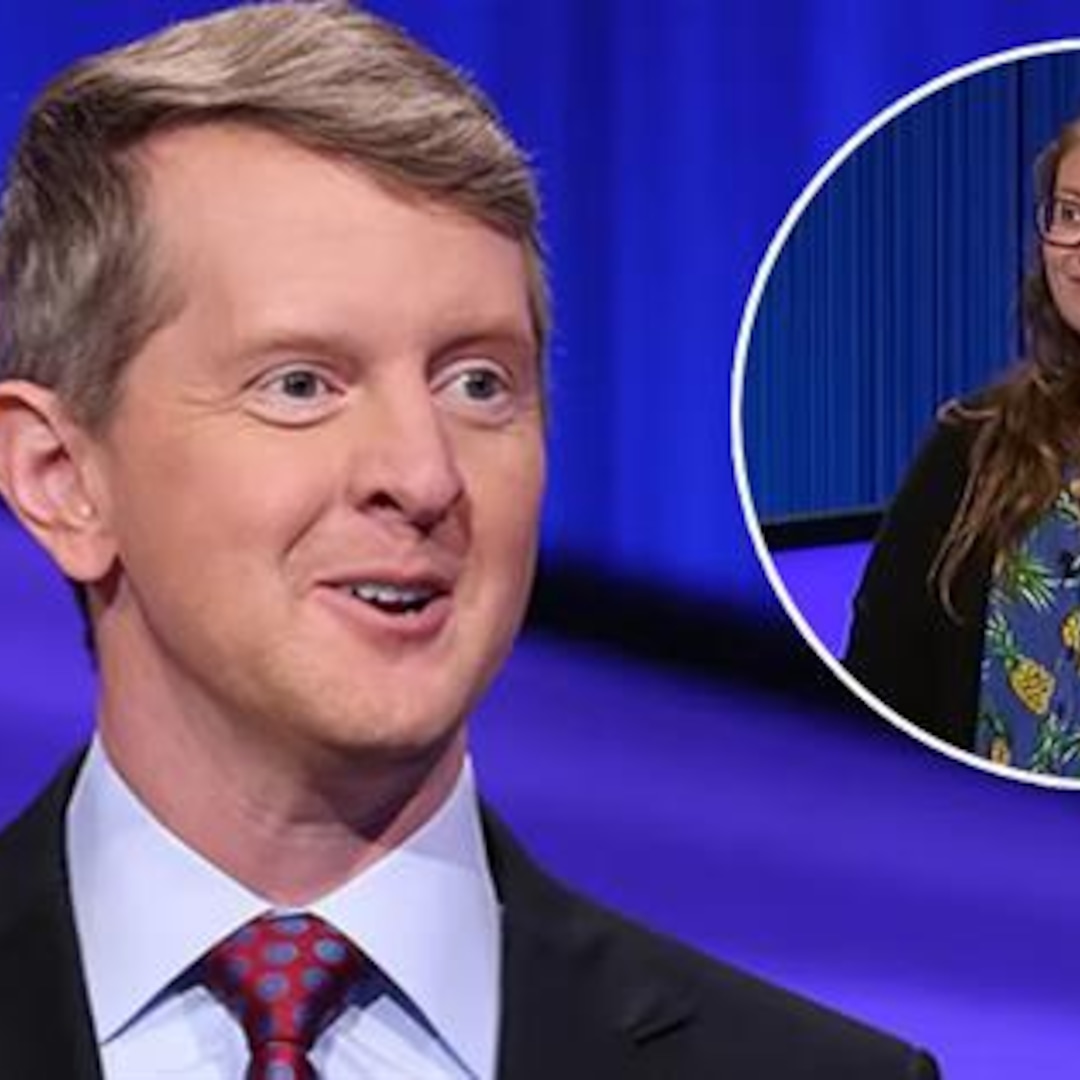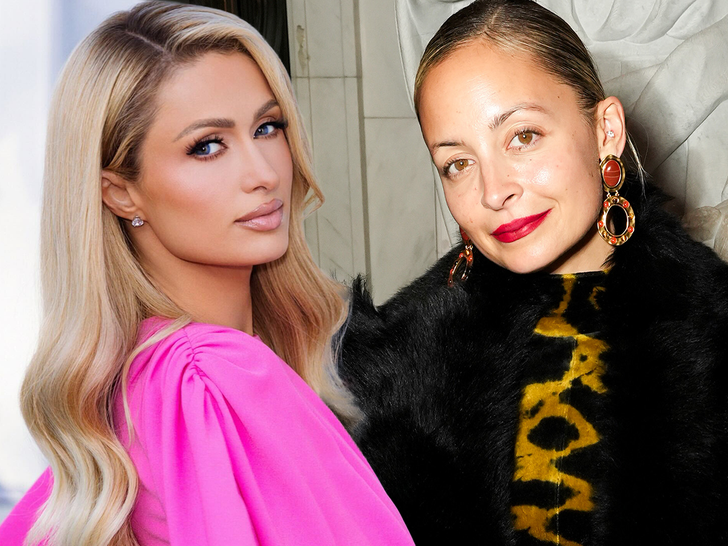The Los Angeles Lakers are rebounding into new leadership.
In one of the biggest deals in sports, the owners of the Lakers—the Buss family—have agreed to sell majority ownership of the team to Mark Walter for the whopping price of $10 billion, according to NBC News.
The team’s primary owner Jeanie Buss, along with her family, have agreed to keep 15% shares in the team and Jeanie will continue her role as the governor, a position that guarantees her a vote in legal decisions and board meetings.
Jeanie has led the team since her father Jerry Buss’ death in 2013 when the franchise was transferred to the family trust. Since Jerry purchased the team in 1979 for $67.5 million, the Lakers have gone on to win 11 NBA championship titles.
As for Mark—who is the chief executive of TWG Global—he’s no stranger to the franchise. After all, he’s been a team player with minority ownership since 2021. Mark and TWG global are also owners of the Los Angeles Dodgers and have interest ownership in the Los Angeles Sparks WNBA basketball team, Premier League’s Chelsea football club, the Professional Women’s Hockey League as well as multiple auto racing teams including Cadillac Formula 1.
The news of the billion-dollar deal was met with excitement from former Lakers superstar Magic Johnson.
“I know that my sister Jeanie would have only considered selling the Lakers organization to someone she knows and trusts would carry on the Buss legacy, started by her father Dr. Buss,” Magic—who played for the franchise for 13 seasons—wrote on X June 19. “Now she can comfortably pass the baton to Mark Walter, with whom she has a real friendship and can trust.”
“She’s witnessed him build a winning team with the Dodgers and knows that Mark will do right by the Lakers team, organization, and fans!,” he added. “Both are extremely intelligent, visionaries, great leaders, and have positively impacted the greater Los Angeles community! I love both my sister @JeanieBuss and my business partner Mark Walter.”
Over the years, Jeanie has cemented herself as a pivotal member of the NBA community—so much so, that when it came time to write Netflix’s Running Point, creator Mindy Kaling brought Jeanie on as an executive producer. The female owner was also consulted over details of her own life as writers crafted Kate Hudson’s storyline, which sees the actress’s character Isla Gordon take over management of her own LA-based NBA team.
“We consult her for real-life details all the time. There have been very specific players or very specific people in her personal life where she’ll say, ‘Maybe we won’t touch upon that,’ but she says that far less than any other person I’ve ever known,” Mindy told Time magazine in February. “She really gave (co-creators) Ike Barinholtz, Dave Stassen, and I carte blanche on her life because she wanted it to be funny. And she knew the realer it gets, the funnier it will be.”
For more companies and brands sold for millions—and billions—read on…
(E! and NBC News are both part of the NBCUniversal family.)
George Clooney and Rande Gerber
George Clooney and Rande Gerber made a memorable splash in the celebrity booze business when they sold their Casamigos tequila brand to British spirits conglomerate Diageo for $1 billion in 2017.
“If you asked us four years ago if we had a billion-dollar company, I don’t think we would have said yes,” Clooney, who started Casamigos—which translates to “house of friends”—with Gerber and Michael Meldman in 2013, said in a statement at the time. “This reflects Diageo’s belief in our company and our belief in Diageo.”
As Gerber put it on Good Morning America, “I guess we were kind of shocked because never planned on starting a tequila company. We made Casamigos just for us to drink. Four years later when, you know, we’re offered a billion dollars to sell the company, yeah, we were kind of shocked.”
They all planned to keep running Casamigos, with Gerber noting, “I think the most important thing for us though was we really love what we do and we love what we made and want to keep drinking it and keep the team together.”
Ryan Reynolds
When Ryan Reynolds sampled Aviation Gin for the first time in 2017, an idea took flight.
“I kept ordering this same Negroni again and again, and I didn’t know why it was so good,” the Deadpool star told reporters in August 2018, months after buying a stake in the Portland, Ore.-based small batch label owned by Davos Brands. “It was because of the gin, Aviation Gin. I realized I didn’t need the Negroni. I just needed the gin.”
And he took that shot, he explained, because “we’re at the beginning of what feels like a modern day gin craze. Millennials are drinking it. Young people are drinking it. Not toddlers, but young people.”
Moreover, Reynolds quipped, “Like a lot of people, I’m inspired by George Clooney.”
As was Diageo, which also snatched up Aviation Gin and several other Davos Brands labels in a deal worth $610 million in 2020.
A hefty sum but peanuts compared to the deal worth up to $1.35 billion that T-Mobile signed in 2023 to acquire Mint Mobile, which to this day runs ads featuring Reynolds—a minority stakeholder—stumping for no hidden fees and customer-friendly pricing.
But the actor himself says he’s “no wizard” when it comes to investing, maintaining that his job is storytelling.
“If you look at a gin company, a wireless company and a Welsh football club,” he said on CNBC’s Squawk Box in 2023, “those things don’t really go together if you think about it, but they all have strong brand foundations.”
Kylie Jenner
Forbes crowning then-21-year-old Kylie Jenner the world’s “youngest self-made billionaire” in March 2019 proved controversial, considering the Keeping Up With the Kardashians alum didn’t exactly come from nothing.
“I didn’t expect anything. I did not foresee the future,” Jenner told Forbes at the time. “But [the recognition] feels really good. That’s a nice pat on the back.” She saw her brand going “very far,” she continued. “I work really hard.”
And redemption was hers when Coty Inc. valued Kylie Cosmetics—the brand she started in 2015 with Lip Kits and a dream—at $1.2 billion when it acquired a 51 percent stake in the business for $600 million later that year.
Hailey Bieber
Hailey Bieber sought to bring glazed-donut skin to the masses with her beauty brand rhode—the former Baldwin’s middle name—and it turned out the appetite for that dewy look was real.
In May 2025, e.l.f. Beauty acquired rhode in a deal worth a possible $1 billion: $800 million in cash and stock with an additional $200 million contingent on the brand’s growth over the next three years after it reported $212 million in net sales for the 12-month period ending March 31.
“When I launched @rhode in 2022, I always had big dreams for the company, and the most important thing to me is to keep bringing rhode to more spaces, places, and faces globally,” Bieber, who cofounded the company with Lauren Ratner and Michael D. Ratner, posted on Instagram. In e.l.f. Beauty, “I found a like-minded disruptor with a vision to be a different kind of company that believes in big ideas and innovation in the same way that I do and will help us continue to grow the brand.”
As part of the deal, she’ll be staying on at rhode as Chief Creative Officer and Head of Innovation, as well as serving as a strategic advisor to e.l.f.
Reese Witherspoon
What, like it’s hard to sell your company for $900 million?
Not for Reese Witherspoon, anyway.
Former Disney executives Kevin Mayer and Tom Staggs, with backing from private equity firm Blackstone, valued Witherspoon’s Hello Sunshine production company at more than $900 million when they acquired a majority stake in the shingle behind The Morning Show, Big Little Lies and more in August 2021.
“We were all very vision-aligned from the very beginning about what we wanted to create as a brand—creating a narrative for women, where they could tell their story in their own words,” Witherspoon—who, duh, remained hands-on—told The Hollywood Reporter a year later about how Hello Sunshine was continuing to deliver value post-sale. “So, whether that’s through a book, a podcast, a social media post, it’s really about self-expression and showing the entire spectrum of the female experience.”
Noted Hello Sunshine president of film and TV Lauren Neustadter, “We’re so proud of how we innovated in the first five years of the company. Now, it just feels like we have more opportunities. We had all these planes on the runway, and now they’re about to start taking off.”
Jay-Z
If you look up “mogul” in the dictionary, there’s probably a picture of Jay-Z next to it, not least due to the RocNation founder’s early interest in the alcohol business.
The rapper born Shawn Carter started his own champagne line Armand de Brignac (a.k.a. Ace of Spades) in 2006 after calling for a boycott of Cristal when the brand’s CEO made a disparaging remark about the brand’s popularity among the hip-hop community.
In 2021, Jay-Z sold a 50 percent stake in Armand de Brignac—the success of which helped him reach billionaire status in 2019—to LVMH’s Moët Hennessy in a deal Forbes valued at $630 million.
Jamie Kern Lima
Jamie Kern Lima proved she was fearless when she signed up to be a houseguest on the first season of CBS’ Big Brother in 2000, ultimately finishing fourth.
But the former Miss Washington USA wasn’t done taking risks. She cofounded IT Cosmetics in 2008, serving as her own No. 1 spokesmodel over the course of a thousand segments peddling concealer and creams on QVC.
In 2016, L’Oreal bought IT Cosmetics for $1.2 billion, making Kern Lima the first female CEO of a brand owned by the century-old conglomerate.
“I figured out how to keep my faith bigger than my fear,” she told Vanity Fair in 2017 of the long road to get where she was. “And I figured out how not to let hearing ‘no’ and that constant rejection, equate to doubt in my own head. To me, these are two of the most important reasons IT Cosmetics became the success story it is today!”
Asked what the key to her brand’s success was, Kern Lima replied, “First and foremost having a product that works.”
Jessica Simpson
Who cares what Chicken of the Sea really is when you’re building a wildly successful signature brand?
Jessica Simpson launched her eponymous clothing line in 2005 and, through a licensing deal with Vince Camuto, soon was selling shoes, handbags, sunglasses, fragrances, bedding and more, giving her company a $1 billion-plus in sales before Sequential Brands Group acquired a 62.5 percent interest in the Jessica Simpson Collection (from Vince Camuto) for $117 million in 2015.
But when the company didn’t thrive under its new parent, Simpson sought to buy back control a few years later. She hired Threadstone Capital to arrange financing in 2021.
A judge approved her purchase of Sequential’s stake in her brand for $65 million that November.
“Jessica’s message since I’ve been involved has been very, very clear: ‘I want my name. I want the control of my company,’” Threadstone managing director William Susman told Bloomberg Businessweek in 2022. “She views it very much as part of her identity.”
Simpson told CNBC Make It, “I drained everything to buy it back. But I’m my best investment to myself. I believe in big things. I don’t think anything is impossible.”
Bethenny Frankel
Bethenny Frankel’s pocketbook was a little thin for her taste when she crafted Skinnygirl Margarita in 2009, her flagship flavor in what became a line of pre-mixed low-sugar cocktails.
“Seriously, it wasn’t until two years ago that I made more than my assistant,” the Real Housewives of New York City alum told Forbes in 2011 after selling Skinnygirl Cocktails for $100 million to Fortune Brands’ Beam Global.
But most importantly, as she reflected in a 2023 Instagram Reel, her original Bravo contract for the first season of RHONY—though for a measly $7,250—included the clause that she didn’t have to share a percentage of anything she made on her own.
After her Skinnygirl sale, she explained, “They created what is now referred to by the industry as the ‘Bethenny clause,’ which means that anybody going on reality TV has to give a percentage to the powers that be.”
“I was not a business person,” Frankel added. “I had no institutional knowledge or experience in any of this. I read a contract, something didn’t feel right to me and I took it out. And it changed the entertainment industry and their practices. So never assume anyone is smarter than you.”
Dr. Dre
“Beats” is so synonymous with headphones these days, it’s easy to forget Beats by Dre was once a new product like anything else back in 2006. But soon enough Dr. Dre—whose real name is Andre Young—and record executive Jimmy Iovine were presiding over a swag-tastic line of premium audio products and subscription service Beats Music.
Apple took ownership of Beats Electronics off their hands in a deal worth $3 billion in 2014, still the largest acquisition in the company’s history.

